Water pipeline
The equipment that you install in your house to keep everyone warm may be one of the most important purchases you make in terms of comfort. Anyone who has suffered through a cold winter with a malfunctioning heating system knows how important it is to get a reliable furnace or heater installed by professionals with plenty of experience.
Are you building a new home and need to make a decision about what heating method will be best for you and your family? Or have you moved into a new home recently and found that the HVAC system is substandard or will otherwise not meet your needs? In such cases, you will be considering whether to go with a heat pump or a furnace.
When selecting any new piece of equipment for your heating, ventilation and air conditioning system, it pays to compare which ones are the most energy efficient. Check the seasonal energy efficiency ratio (also known as SEER). Equipment with a higher SEER rating will be more energy efficient and will therefore lower your carbon footprint while also helping save money on your utility bills.
Furnace
Installing a traditional furnace is a good bet if you are looking for a relatively inexpensive solution. A furnace should interface easily with your home’s existing ductwork, which cuts down on installation costs. Furnaces are often the first choice for homeowners because they are powerful and can quickly heat up your home. At the same time, they require minimal time and attention from you, and you can set up annual service calls to inspect and maintain this equipment.
Keep in mind that when you are working with a gas furnace, it’s important to include a carbon monoxide detector. This device will sound an alarm to wake up your family and get you to go outside if there is a problem with the furnace that could lead to carbon monoxide poisoning.
Heat Pump
If your higher priority for heating is efficiency, a heat pump may be just what you are looking for. Heat pumps require less electricity to do their work than a standard electric furnace. A heat pump is also versatile, because it both heats your home in the winter and helps keep it cool during the summer.
As indicated by its name, the heat pump pumps heat around your building, removing it when it’s hot outside and bringing in more heat when it’s cold outside.
However, when using a heat pump in an area where the temperature falls below 30 degrees Fahrenheit, the heat pump will adjust to start using supplemental heat via an electric coil.
This winds up using more energy than the heat pump would require during normal operation. Consult with your HVAC technician about your options, such as using a heat pump that has a scroll compressor to provide your family with warm air without needing to activate the coil.
At AirPlus, our knowledgeable and professionally trained HVAC experts have plenty of experience advising homeowners in the greater Northern Virginia area about how to best keep their homes warm and cozy during the bitter winter months. If you are on the fence about whether to get a furnace or a heat pump, we are standing by to assist you in your decision making process. We will be happy to visit your home to inspect it and consult with you on your options. For more information on heat pumps and furnace options or to set up an appointment, please contact the professionals at AirPlus today.
The post Heat Pump vs. Furnace appeared first on HVAC Services Lorton | AirPlus Heating & Cooling.
.2309121422550.png)

